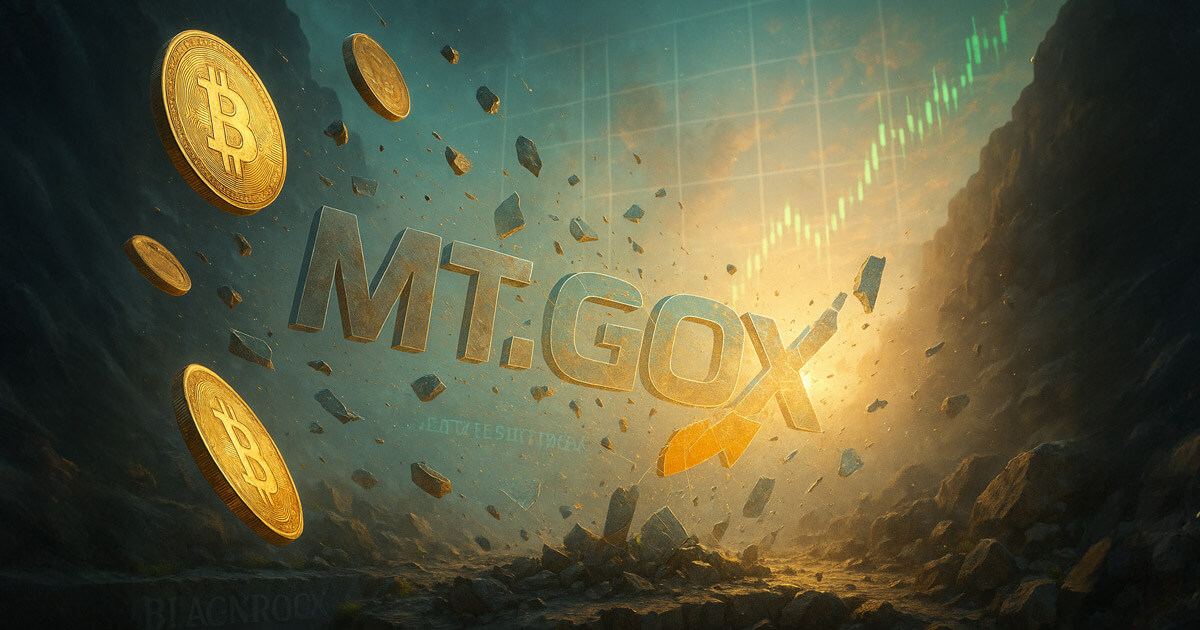
Strive Asset Management Firm has partnered with 117 Castell Advisory Group to acquire distressed Bitcoin claims, including those linked to the long-defunct Mt. Gox exchange.
According to a May 20 filing with the US Securities and Exchange Commission (SEC), the firms will target claims that have received definitive legal rulings but are still awaiting distribution.
This approach will allow Strive to acquire Bitcoin below market value, thereby increasing its BTC holding per share. The firm added that the move supports its broader goal of outperforming the top crypto over time.
Meanwhile, one of its first moves involves purchasing claims from the Mt. Gox estate, which still holds about 75,000 BTC yet to be distributed.
Mt. Gox was once the largest Bitcoin exchange, processing most global BTC trades at its peak. However, it collapsed in 2014 following a massive security breach that resulted in the disappearance of 850,000 BTC.
After the exchange went bankrupt, a Tokyo court assigned a trustee to oversee the distribution of remaining assets to creditors.
While repayment efforts began last year, the process has been slow as many creditors have yet to receive funds. Due to this, the final payout deadline was extended to October 2025.
Strive’s Bitcoin move is subject to shareholders’ approval
Strive stressed that its move to acquire Mt. Gox’s distressed Bitcoin claims is still subject to shareholders’ approval.
The company intends to submit a Form S-4 registration with the SEC, which will include the full terms of the proposed transaction. Once filed, shareholders will receive a proxy statement or prospectus to vote on the acquisition.
The SEC filing also outlined several potential risks that could derail the deal. Strive noted that Bitcoin’s price volatility could reduce the value of acquired claims and undermine its expected returns.
The firm also highlighted that the anticipated discount on claims might not materialize if prices rise or delays persist.
Additionally, the deal faces risks from creditors who have yet to complete required procedures and potential legal challenges from stakeholders or regulators.


